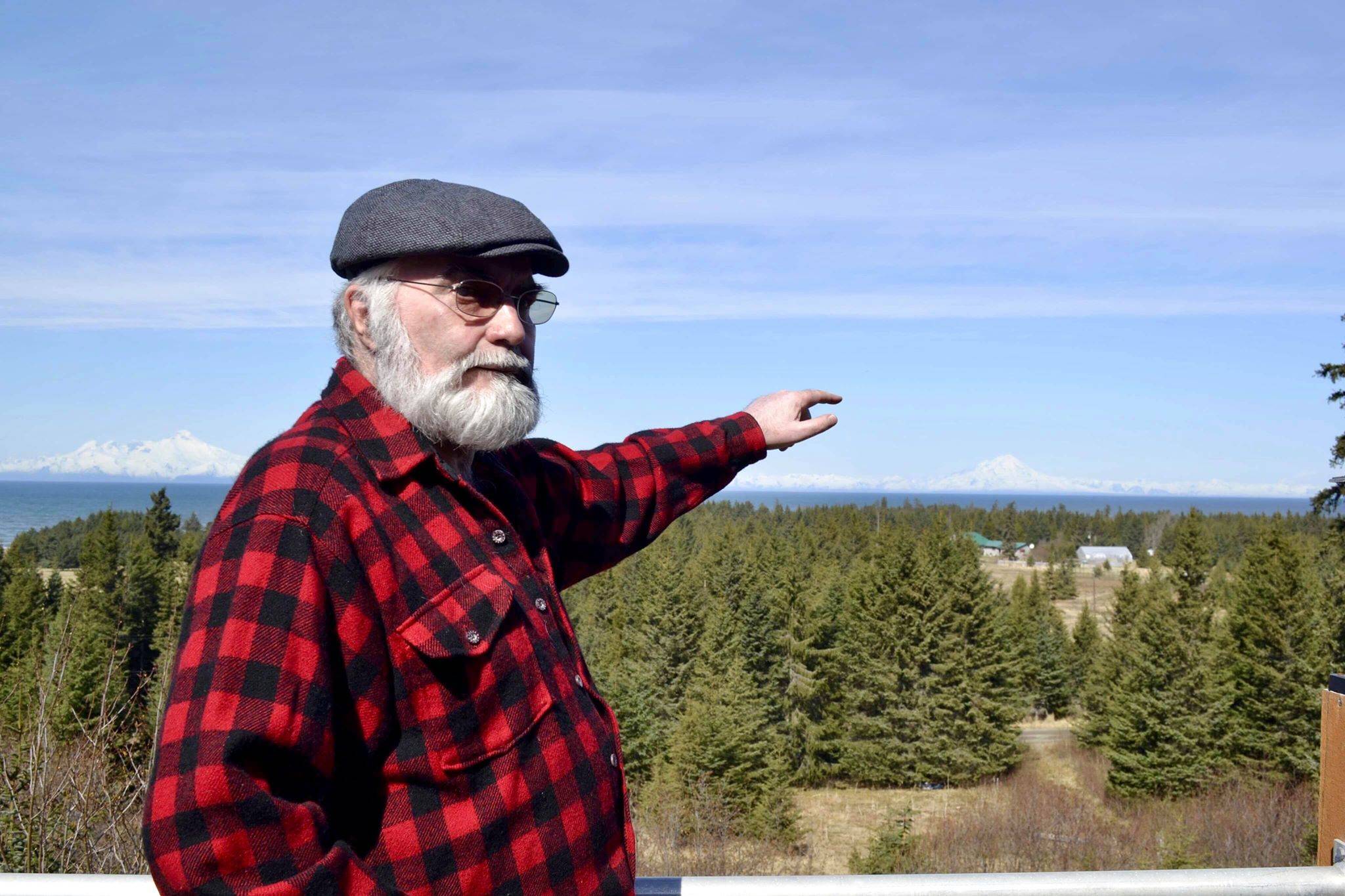The Kenai Peninsula Borough Assembly did not pass code changes affecting gravel pit operators at its Tuesday meeting, but the ordinance is being reconsidered at the January assembly meeting.
Changes to material site code, including permits, applications, conditions and procedures, were introduced in an ordinance at the Nov. 5 borough assembly meeting.
The ordinance highlights a number of changes, including more detailed definitions throughout the material site code, increasing groundwater testing, increasing the buffer from water bodies to 200 feet, decreasing the number of hours operators can process and crush rocks, new sound level conditions and a new white noise alarm requirement, among others.
Several of the proposed code changes were first explored in the borough’s Material Site Workgroup, established in 2018 to engage in collaborative discussion involving the public and industry to make recommendations regarding the material site code, according to the ordinance.
The work group explored recommendations for nearly two years, and discussions were long and emotional, assembly member and former work group member Brent Johnson said at Tuesday’s meeting.
At Tuesday’s public hearing on the ordinance, gravel pit owners and homeowners who neighbor existing pits both spoke in opposition to the ordinance.
Robert Peterkin of Kenai said he owns a couple of gravel pits and is opposed to the recommendations outlined in the ordinance. Peterkin says he believes the code is picking on one industry.
“I believe it’s not fair,” Peterkin said.
Peterkin said gravel pit owners in the borough are banding together.
“We are organizing and we’re probably going to sue the borough, just saying,” Peterkin said. “Pit owners are organizing. We’ve all paid our dues have over a hundred-something members.”
Joseph Ross of Nikiski has been in the material business for 27 years. He criticized the ordinance’s recommendation of white noise backup alarms.
“Those backup alarms are there for the safety of the people working in the pit, not so someone can come along and say, ‘well, we don’t like hearing a backup alarm, so hey why don’t you do this instead?’” Ross said. “Let’s kill your people. That’s what you’re asking to do.”
Richard Carlton of Anchor Point told the assembly he lives in “Anchor Pit,” which is where many of the peninsula’s gravel pits are located. Carlton said the ordinance needs “a lot of work.”
“You know, people have to make money, and we need to employ people,” Carlton said at Tuesday’s meeting. “Gravel is big money and people make a good living off of it. But, I don’t think you should sacrifice homeowners for them.”
Jeanie Bilben of Anchor Point also told the assembly that she is not against gravel pits.
“I’m against where gravel pits are being put — in our neighborhoods, historical areas and recreational areas, which was not addressed in this (ordinance),” Bilben said.
Pete Kineen of Anchor Point said the proposed changes do not fix anything. He said borough administration has interpreted existing code so that the planning commission believes they have no ability to deny a gravel pit permit that meets all of the conditions required in the application.
Bilben and Kineen are among several neighbors who have opposed the Beachcomber gravel pit from moving into their Anchor Point neighborhood, where required borough conditions don’t shield some of the neighbors from seeing and hearing pit operations. The neighborhood’s amphitheater-style landscape makes it so neighbors sitting at higher elevations look down into the pit. Unreasonably tall buffers, berms or fences would need to be built to block any views for neighbors situated at higher elevations.
The Beachcomber gravel pit permit was approved in June.
The proposed ordinance takes into account comments from the community expressing concerns about gravel pits, including dust, noise and aesthetics.
“The planning department received numerous complaints regarding unreclaimed parcels registered as non conforming prior existing material sites which have not been regulated by KPB,” the ordinance said. “Certain additional conditions placed on material site permits would facilitate a reduction in the negative secondary impacts of material sites, e.g. dust, noise, and unsightliness of material sites.”
At Tuesday’s meeting, the assembly voted down the ordinance 6-3, with assembly members Kelly Cooper, Willy Dunne and Brent Johnson supporting the ordinance’s passage. At the end of the assembly meeting, however, assembly member Jesse Bjorkman moved to have the ordinance reconsidered at the next meeting.
“There’s a lot in here that a lot of people agree on,” Bjorkman said. “There’s a lot of good stuff in this ordinance that I don’t think we should just do away with.”
There are hundreds of material sites, including gravel pits, across the peninsula, according to the ordinance.
At their Nov. 12 meeting, the Kenai Peninsula Borough Planning Commission reviewed the proposed ordinance and recommended it unanimously along with a handful of amendments.

